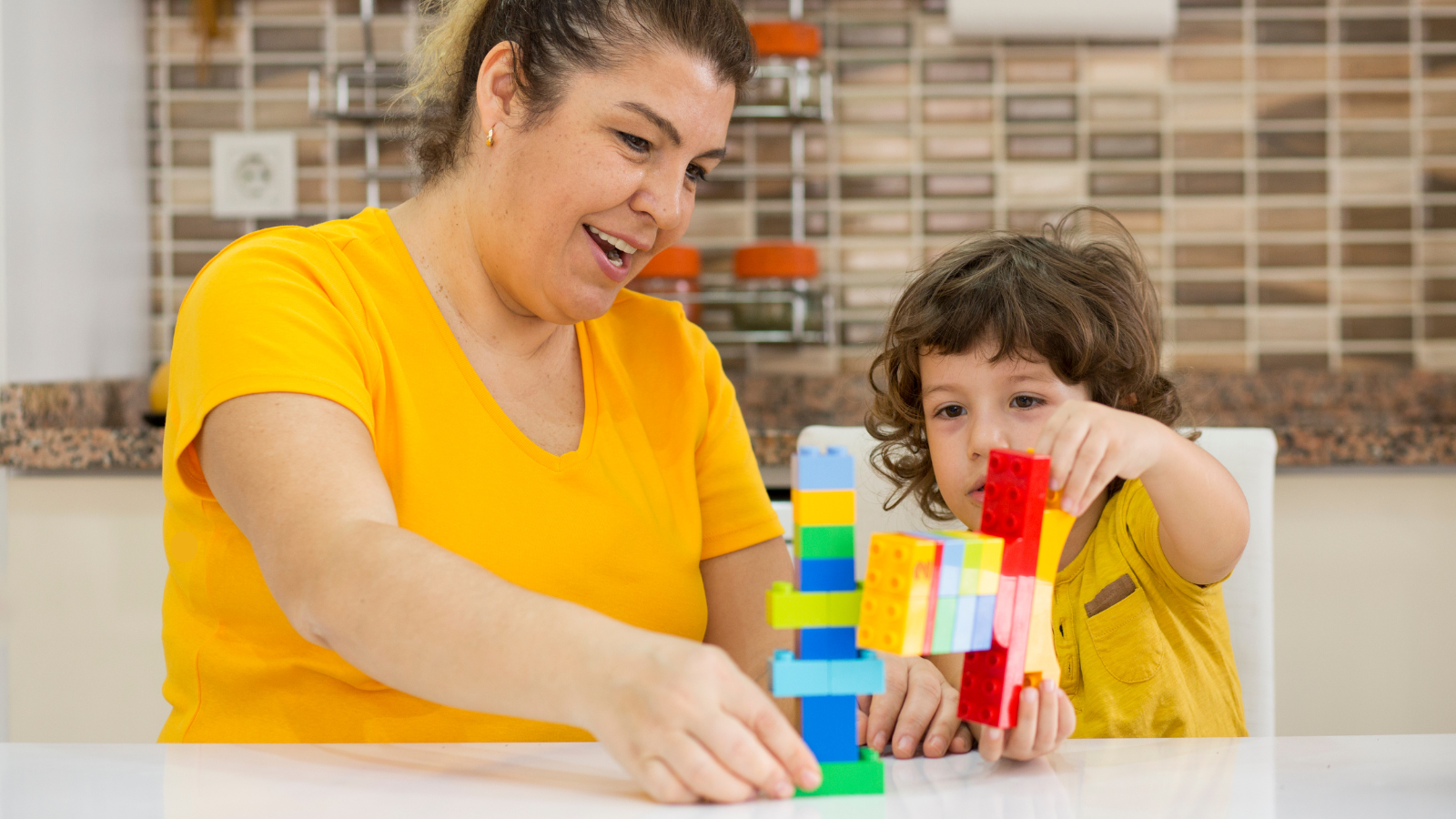Stuttering: will my child recover? Factors that predict recovery and why you shouldn’t wait
About 4% to 8% of children stutter at some point during early childhood (Yairi & Ambrose, 2013). Stuttering usually starts without warning between the ages of 2 1/2 and 4 years of age.
Here’s the good news: at least 80% of young children who stutter will recover spontaneously (Reilly et al., 2013).
Now, the bad news:
- so far, we have no reliable way of knowing if a given child will be in the lucky majority; and
- those who don’t recover, face significant, negative life impacts – from early childhood to old age (e.g. Bricker Katz, Lincoln & McCabe, 1999).
These two points are why the Australian Stuttering Research Centre no longer recommends a “watch and wait” policy when it comes to children who stutter: especially as early intervention with an evidence-based treatment like the Lidcombe Program or the Westmead Program is safe and effective for preschoolers.
Factors that may be relevant to a child’s likelihood of natural recovery
As a speech pathologist who works with children who stutter, I’m very interested in reading research that helps identify whether a client might be at a heightened risk of not recovering naturally.
A number of factors have been suggested to help spot kids at heightened risk:
- a history of persistent (i.e. not recovered) stuttering affecting other family members (e.g. Ambrose et al., 1997);
- motor speech abilities (e.g. Walsh, Mettel, & Smith, 2015; Ambrose et al., 2015);
- being a boy (e.g. Dworzynski et al., 2007);
- being diagnosed at a later age (e.g. Yairi & et al., 1996), although this research is a bit messy because boys tend to start stuttering later than girls (Yairi & Ambrose, 1992); and
- brain differences* (e.g. Chang et al., 2008).
Is language development a predictor of recovery?
Many speech pathologists are trained to think of children who stutter as a different category of client from children with language disorders or speech sound disorders. But of course a child who stutters is a child – not a therapy category. Stuttering therapy uses language and speech skills, and we can’t do stuttering therapy without talking! (Hall et al., 2007).
As we’ve written before, some children who stutter also have speech sound disorders. But what about the language skills of children who stutter?
Like all children, different kids who stutter turn up to a clinic with all sorts of different levels of language skills. Some seem to talk in paragraphs, displaying an amazing array of different sentence structures and word forms. Others have delayed language skills, perhaps speaking in only two or three word phrases and simple sentences.
So do children who stutter have poorer language skills than children who don’t stutter? The research is all over the place and hard to reconcile:
- Some older studies show no difference between the average language skills of children who stutter and children who do not stutter (e.g. Nippold et al., 1991).
- Some researchers have found sub-groups of children of stutter with depressed language skills – often not severe enough to warrant a diagnosis of developmental language disorder (e.g. Bloodstein & Bernstein Rattner, 2008).
- Other researchers have found the opposite: that very young children who stutter have (on average) equivalent or better language skills than children who do not stutter (e.g. Watts et. al., 2017).
What one (ageing) meta-study of the research tells us is that children who stutter do not generally score below the typically developing range on language assessments. But (as a group), they tend to score significantly lower on vocabulary and syntax tests (e.g. Ntourou et al., 2011).
What does this all have to do with spotting kids at a heightened risk of not recovering from stuttering?
Recent – and very preliminary – research suggests that children with well-developing expressive syntax skills may be more likely to recover than children with poor language development. The researchers found that monitoring the rate of growth in a child’s expressive syntax skills over time using conversational speech samples may be more predictive of natural recovery than measuring absolute gains between initial assessment and subsequent assessments – especially as every child who stutters has different language skills at initial assessment. Interestingly – and surprisingly – they did not find that vocabulary diversity growth was predictive (Leech et al., 2017 – see citation below).
Now, there are a couple of barriers to putting this research into clinical practice. Measuring the rate of growth in expressive syntax skills from multiple conversation samples is very time-consuming and labour intensive. And (as the authors’ note), there were several limitations with the study, including that it was conducted on older kids who had been stuttering for 1-2 years before they started the study. We need much more research before we can use expressive syntax development as a reliable predictor of recovery.
Clinical bottom line
Most children who stutter recover naturally. But around 1 in 5 won’t, and we can’t tell up-front whether a particular child will recover. Boys are less likely than girls to recover naturally; and kids with a family history of prolonged stuttering, kids with delayed motor speech skills, and older kids may be more at risk of not recovering than others.
When assessing children who might be stuttering, speech pathologists should assess fluency, but also speech, oro-motor skills, and language development. Language assessments should include sentence- and discourse-level tasks, including conversation samples. In therapy, speech pathologists should choose activities that support both stutter-free speech and more challenging sentence structures and word forms. (This can be built into evidence-based stuttering therapies for preschoolers, including the Lidcombe and Westmead Programs.)
Long-term stuttering causes all sorts of problems at school and in later life. Stuttering gets harder to treat with age – so don’t watch and wait!
Related articles:
- The Lidcombe Program for children who stutter
- The Westmead Program for children who stutter
- Parent dilemma: What to do when your child stutters and has speech sound problems – research update
- My child stutters. Is it because he’s shy? sensitive? hyper?
- My preschooler stutters: should we do the Lidcombe Program or the Westmead Program (or something else)?
- Stuttering treatments: what works for whom? An evidence update
- Child developmental language disorders
- Speaking for themselves: why I choose ambitious goals to help young children put words together
- Child speech sound disorders
Principal source: Leech, K.A., Bernstein Ratner, N., Brown, B., & Weber, C.M. (2017). Preliminary Evidence that Growth in Productive Language Differentiates Childhood Stuttering Persistence and Recovery. Journal of Speech, Language, and Hearing Research, 60, 3097-3109.
*Specifically, differences in measures of cortical grey matter in the superior temporal gyrus and white matter integrity along the arcuate fasciculus.
Image: http://tinyurl.com/y9eoa7zl

Hi there, I’m David Kinnane.
Principal Speech Pathologist, Banter Speech & Language
Our talented team of certified practising speech pathologists provide unhurried, personalised and evidence-based speech pathology care to children and adults in the Inner West of Sydney and beyond, both in our clinic and via telehealth.








